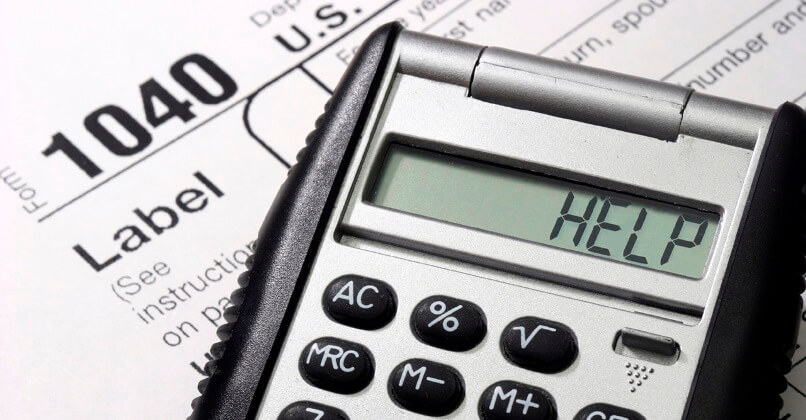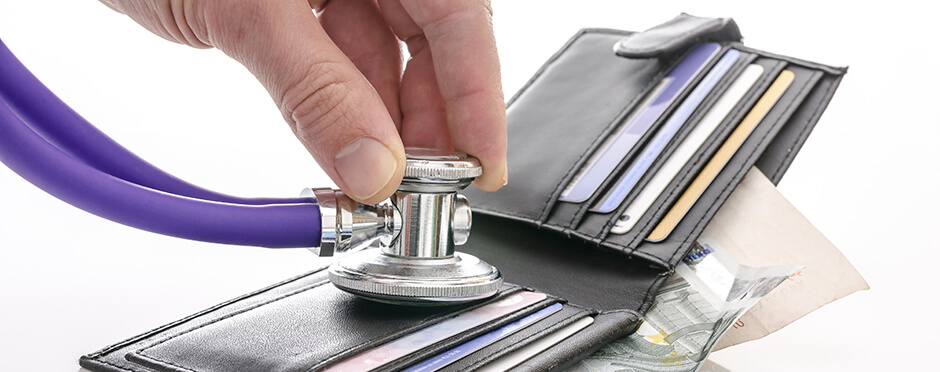
Financial well-being January 13, 2017 By
I’ve been told on numerous occasions there are two things certain in life: death and taxes. While neither of these is pleasant to think about, here are some tips to make tax season a more pleasant experience for you.
- Organizing your tax documents can really take away some of the undue stress, while saving you time and money in the long run. After all, your time is money. The best way to accomplish this is to have a place to accumulate all your 2016 tax documents as they arrive. This can be a file folder, envelope, or safe. The types of tax documents you may need to organize include:
- W-2 Income/Earning Statement(s)
- Form 1099-MISC, 1099-INT and 1099-DIV (income other than wages, salaries, tips)
- Form 1095-A (health insurance marketplace statement)
- W-2Gs Form (gambling winnings)
- 1098 Forms (mortgage and student loan interest)
- Schedule K-1 Form
- If you itemize deductions, things like vehicle registration fees are items you will want to keep
- Previous Years Tax Return
- File a tax return, even if you do not owe any tax or are not required to file. You can’t get the Earned Income Tax Credit “EITC” unless you file a return. End of story. According to the IRS, one out of every five workers fails to claim the very valuable EITC. Don’t miss out on this opportunity so check to see if you qualify by using the EITC Assistant Tool.
- There are several charitable organizations that accept items such as clothing, electronics, household items, and books which can help you declutter your life and get a fair market value tax deduction for your donation. The items donated must be in good condition in order to be deductible. If the value of the noncash items is more than $500, be sure you file a Form 8283, and notate the details of the contributions.
- If you, your spouse or dependents had higher education costs in 2016, there may be some tax savings for you. In fact there are multiple benefits available. The only difficult part is figuring out which one works best in your situation.
Basically there are three different benefits: 1) the American opportunity credit, 2) the lifetime learning credit and 3) the tuition and fees deduction.
There are various requirements that may limit the benefit, but the IRS once again offers a useful tool: the Interactive Tax Assistant tool to help you find your way through the maze. You should receive Form 1098-T, Tuition Statement, from your school with the information required by the IRS to complete Form 8863, Education Credits. - Decide where and how you will file your taxes. If you know your return is going to be complicated, I strongly suggest a tax preparer such as a CPA to help you simplify the process. If this is not the case, then consider filing online or in person. Also, you may wish to check out these free tax filing options:
- Use Free File on IRS.gov – This free software walks you through a Q&A format to help prepare your return and claim every credit and deduction for which you may be eligible.
- Try the Free File Fillable Forms - If you're comfortable preparing your own returns, this option is for you! It allows you to file electronically using online versions of IRS paper forms.
- Visit a free tax preparation site – If your total household income is less than $54,000 a year, you can seek free tax prep at one of thousands of Volunteer Income Tax Assistance (VITA), Military Volunteer Income Tax Assistance (M-VITA), and Tax Counseling for the Elderly (TCE) sites. To locate the nearest site, you can search online or call the IRS at 800-906-9887.
- Lastly, make a plan for your tax refund while accounting for the EITC/ACTC delay. We know it can be hard to come up with alternative funds if you already had plans for your refund early in the year, but don’t be suckered by refund anticipation products provided by many commercial tax return preparers. The loan fees will have you seeing red.
Start planning to dedicate your tax refund, or at least part of it, to savings and get ahead on your savings goals. One way to earn some extra cash is to have your tax refund directly deposited into your First United Savings account.




